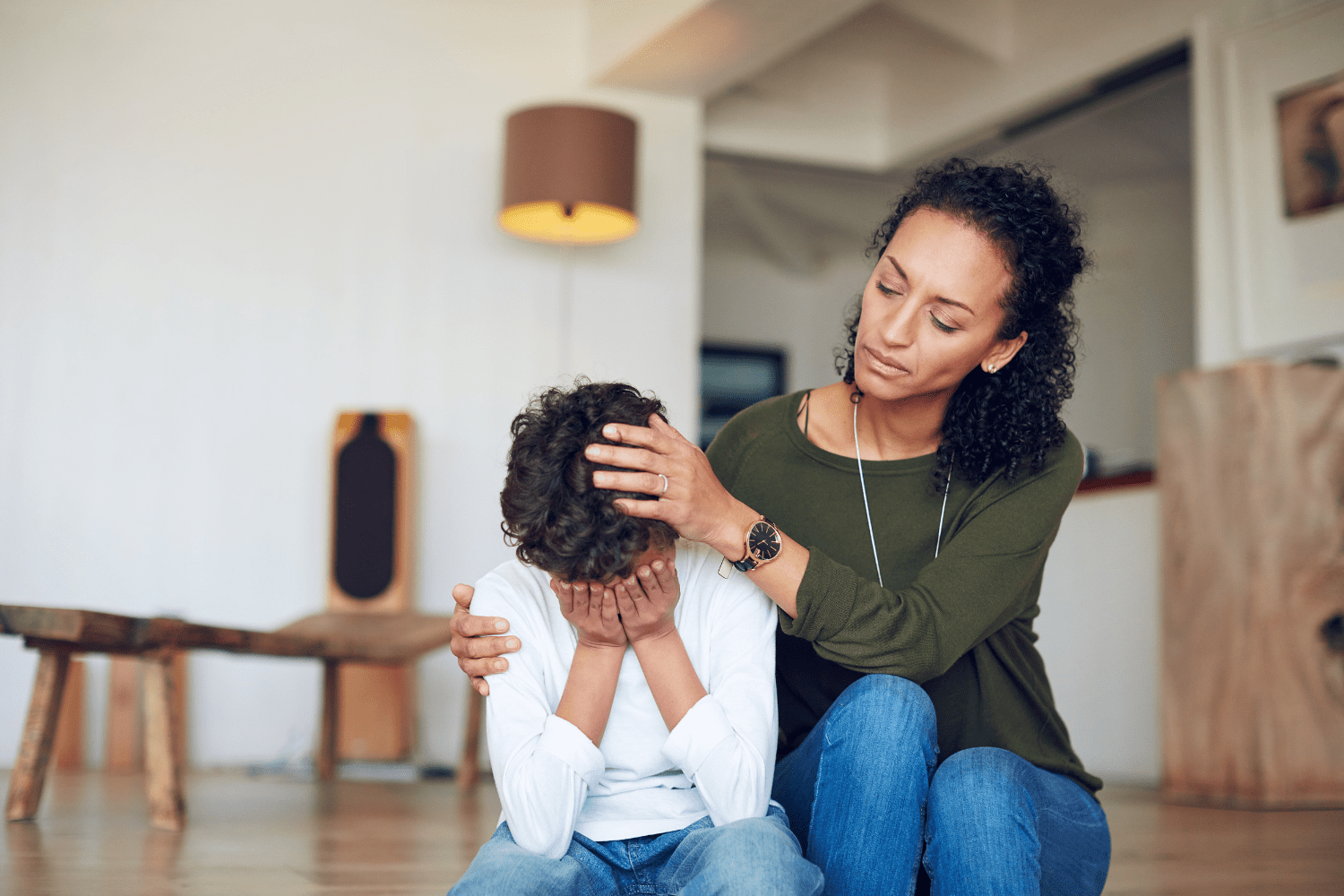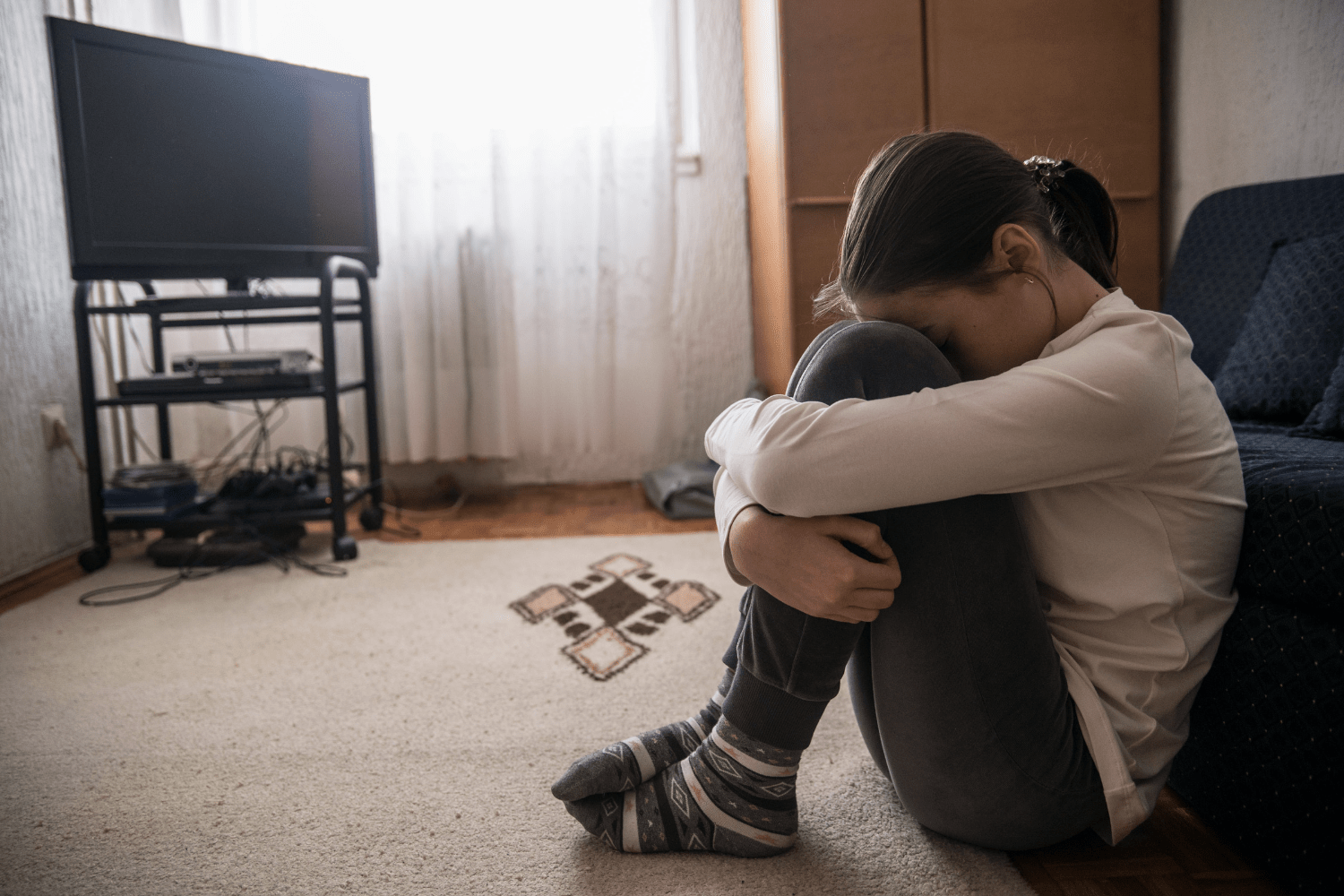How to help your child through grief

Every child will respond to death and loss in a different way, which will have been influenced by a number of different things.
This could be their age, their culture, any past experiences they have had of illness and death as well as what they take in from things they see on the TV and films they might have watched.
However, the biggest influence will come from the grownups they have in their lives. Children will look at the way grownups react to grief and loss and take it all on board. While losing a loved one is a very sad time for all, grownups who treat death as a part of life can help to reduce some of the fear and confusion that children might feel about the situation.
How a child’s age relates to their response to loss
Infants
The youngest infants have no concept of death. However, if the person they have lost is someone they have a strong attachment to, like a parent, sibling or grandparent, they may experience some behavioural changes such as crying more or becoming more clingy.
You can help this by giving lots of cuddles and emotional support. Keeping routines as normal as possible, and staying in familiar environment will help, however if this isn’t possible then toys and blankets that they are familiar with can help them feel safer and more secure.
Toddlers
When a child reaches ‘toddlerhood’, death still has very little meaning, but they are more sensitive to the emotions of the grownups around them. If they see you are upset, this might impact on their own behaviour and you could again see them before more clingy, demanding and cry more often.
As with infants, maintaining lots of close contact, giving reassurance and trying to keep their routine the same wherever possible can really help.
Pre-school children
At the ages of three and four, children start to understand that death is something that happens to people, although they do find it difficult to understand that it is permanent and that person won’t be coming back.
To help them develop this understanding, it’s important not to use phrases such as ‘they have gone to sleep’ or ‘they have gone’ as this can add to the confusion, raise more questions than answers and add further uncertainty in their mind.
School age children
By the time children start school, they are often more curious about death, including how it happens and what happens afterwards. How you answer these questions can be a worry, but it’s best to be honest and stick to the facts. You don’t need to explain everything all in one go, so take your time and slowly take them through the process.
Children at this age might think that they can avoid death by ‘being good’ and might also worry that something could happen to them. As with younger children, reassurance is key, and try not to be surprised or upset if your child becomes more concerned about how the loss of someone close to them will affect them.

You might find that they ask questions about whether they can still do things, like go to their swimming lessons, which is just them looking for reassurance that their routine isn’t going to be affected. Wherever possible, try to let them do the things they normally would as it helps them to feel safe and secure.
By the time they get to the age of 10, children have a much clearer understanding of death and dying, are aware that death is not reversible and that their loved one will sadly not be coming back.

